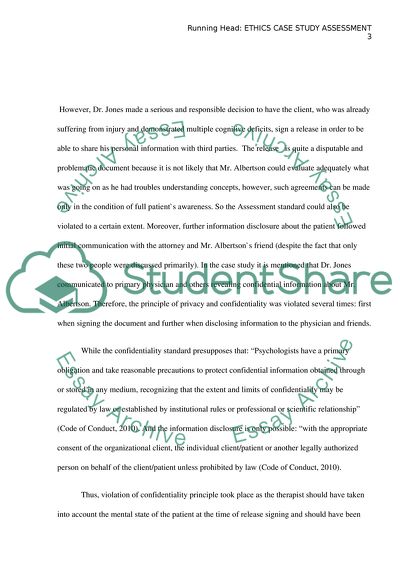Cite this document
(Expediency of Continuing Psychotherapist-Client Interaction Surpassing Limits of Counseling Case Study Example | Topics and Well Written Essays - 1250 words, n.d.)
Expediency of Continuing Psychotherapist-Client Interaction Surpassing Limits of Counseling Case Study Example | Topics and Well Written Essays - 1250 words. https://studentshare.org/psychology/1854243-to-be-determined
Expediency of Continuing Psychotherapist-Client Interaction Surpassing Limits of Counseling Case Study Example | Topics and Well Written Essays - 1250 words. https://studentshare.org/psychology/1854243-to-be-determined
(Expediency of Continuing Psychotherapist-Client Interaction Surpassing Limits of Counseling Case Study Example | Topics and Well Written Essays - 1250 Words)
Expediency of Continuing Psychotherapist-Client Interaction Surpassing Limits of Counseling Case Study Example | Topics and Well Written Essays - 1250 Words. https://studentshare.org/psychology/1854243-to-be-determined.
Expediency of Continuing Psychotherapist-Client Interaction Surpassing Limits of Counseling Case Study Example | Topics and Well Written Essays - 1250 Words. https://studentshare.org/psychology/1854243-to-be-determined.
“Expediency of Continuing Psychotherapist-Client Interaction Surpassing Limits of Counseling Case Study Example | Topics and Well Written Essays - 1250 Words”. https://studentshare.org/psychology/1854243-to-be-determined.


